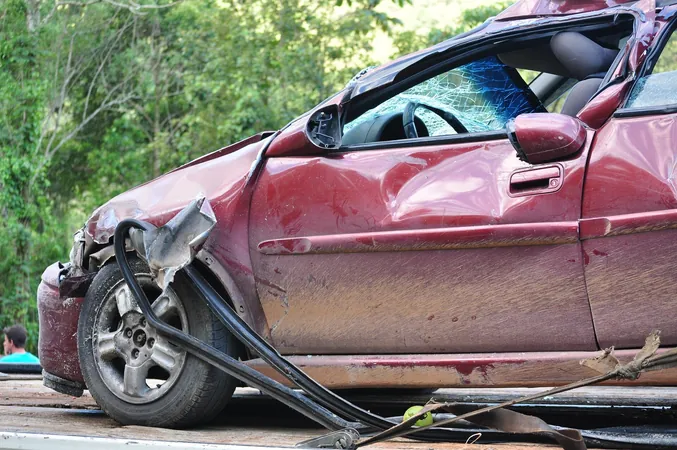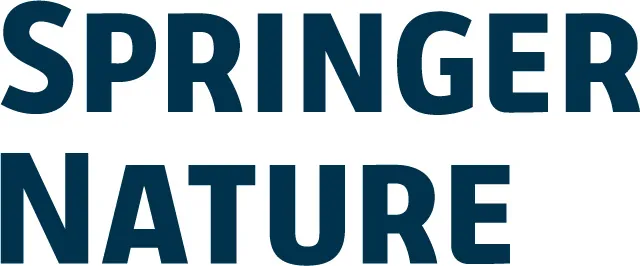
Inconsistent Toxicology Screenings in Hospitals could Compromise Road Safety: A Wake-Up Call
2025-01-27
Author: Daniel
Overview
A recent study has unveiled troubling inconsistencies in toxicology screening practices at hospitals following serious car accidents, raising alarms about public safety and the effectiveness of laws designed to curb impaired driving.
Background
Back in 2010, Massachusetts enhanced its Safe Driving Law, which mandated healthcare providers to report patients to the Registry of Motor Vehicles (RMV) if they suspect that an individual lacks the physical or medical capability to safely operate a vehicle. In line with this initiative, trauma specialists at two leading Boston medical centers established a policy to report patients admitted after significant motor vehicle collisions—especially where intoxication was a possible factor—to the RMV for investigation of potential license suspensions.
Findings of the Study
However, a groundbreaking study conducted by researchers from the Boston University Chobanian & Avedisian School of Medicine, Boston Medical Center, Tufts Medical Center, and UMass Memorial Medical Center reveals discrepancies in how hospitals conduct drug and alcohol screenings. These findings, published in the journal Academic Emergency Medicine, spotlight a pressing need for standardized reporting protocols across healthcare facilities.
Expert Opinions
“Such inconsistencies not only undermine fairness but could jeopardize the effectiveness of measures aimed at preventing impaired driving,” states Neil Singh Bedi, a fourth-year medical student and the study's lead author. “This disparity in policy execution demonstrates the urgent need for a unified approach to ensure all patients receive the necessary screenings.”
Research Methodology
The researchers delved into data from major trauma centers to evaluate the frequency of alcohol and drug screenings performed after serious accidents. By linking hospital records with the Massachusetts RMV database, they assessed the repercussions of reporting decisions on patients’ driving privileges. A concerning revelation emerged: screening practices varied notably across trauma centers.
Statistical Findings
The study found that 11.5% of patients underwent neither urine nor serum toxicology screenings, while 47% were only screened for ethanol (EtOH). Only 41% of patients received both screenings, and a mere 1% were tested exclusively for toxic substances without checking for EtOH. Despite these discrepancies, researchers noted that the screenings did not differ based on race or whether patients underwent any screening at all.
Call to Action
Experts advocate for more consistent practices across all hospitals. “It is essential that every patient involved in a serious motor vehicle collision has their blood tested for both serum EtOH and toxicology,” suggests Bedi. “This should be standard procedure, regardless of whether urine samples are collected.”
Conclusion
The stark divergence in screening practices not only complicates data analysis but also highlights a significant opportunity for improvement in initial trauma assessments and emergency room protocols. As authorities grapple with the pressing issue of impaired driving, the implications of these findings are clear: we must prioritize uniformity in toxicology screenings to safeguard our roads and communities.


 Brasil (PT)
Brasil (PT)
 Canada (EN)
Canada (EN)
 Chile (ES)
Chile (ES)
 Česko (CS)
Česko (CS)
 대한민국 (KO)
대한민국 (KO)
 España (ES)
España (ES)
 France (FR)
France (FR)
 Hong Kong (EN)
Hong Kong (EN)
 Italia (IT)
Italia (IT)
 日本 (JA)
日本 (JA)
 Magyarország (HU)
Magyarország (HU)
 Norge (NO)
Norge (NO)
 Polska (PL)
Polska (PL)
 Schweiz (DE)
Schweiz (DE)
 Singapore (EN)
Singapore (EN)
 Sverige (SV)
Sverige (SV)
 Suomi (FI)
Suomi (FI)
 Türkiye (TR)
Türkiye (TR)